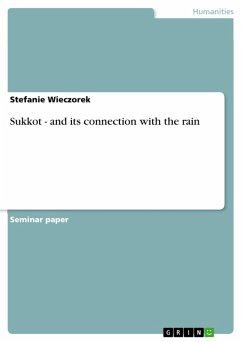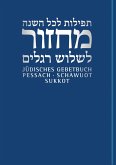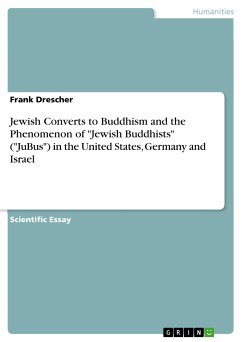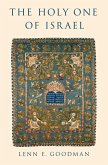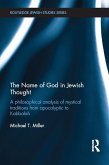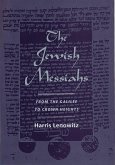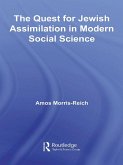Seminar paper from the year 2009 in the subject Jewish Studies, , language: English, abstract: The Jewish Calendar of the Festive Days hews to the moon, therefor are there no fixed dates in the year. The Jewish Festive Year is characterised as on the Nature Year bounded and historically determined. Traditional events from the history of the people were dedicated to certain feasts. Thereby bring they the historical action of God to his people in mind. Every year hopes the people on new actions from God now and in the future. The Jewish Calendar is divided in 12 months: TiSri, HeSram, Kislew, Tebet, sebat and Adar are part of the autumn, and Nisan, Tyyar, Sinan, Tammuz, Ab and Ellul are part of the spring. The Jewish Year began originally in autumn, the natural orbits of the moon form the basis of the year. The twelve months begin each with the appear of the crescent. Later the beginning of a year was installed of the first day of the new moon after the equinox in spring. All feasts begin with sunset, on the eve of the actual day. Sukkot is one of these feasts, it takes place in the month TiSri and in the following excerpt will be told of it and its connection with the rain.
Dieser Download kann aus rechtlichen Gründen nur mit Rechnungsadresse in A, B, BG, CY, CZ, D, DK, EW, E, FIN, F, GR, HR, H, IRL, I, LT, L, LR, M, NL, PL, P, R, S, SLO, SK ausgeliefert werden.
Hinweis: Dieser Artikel kann nur an eine deutsche Lieferadresse ausgeliefert werden.

